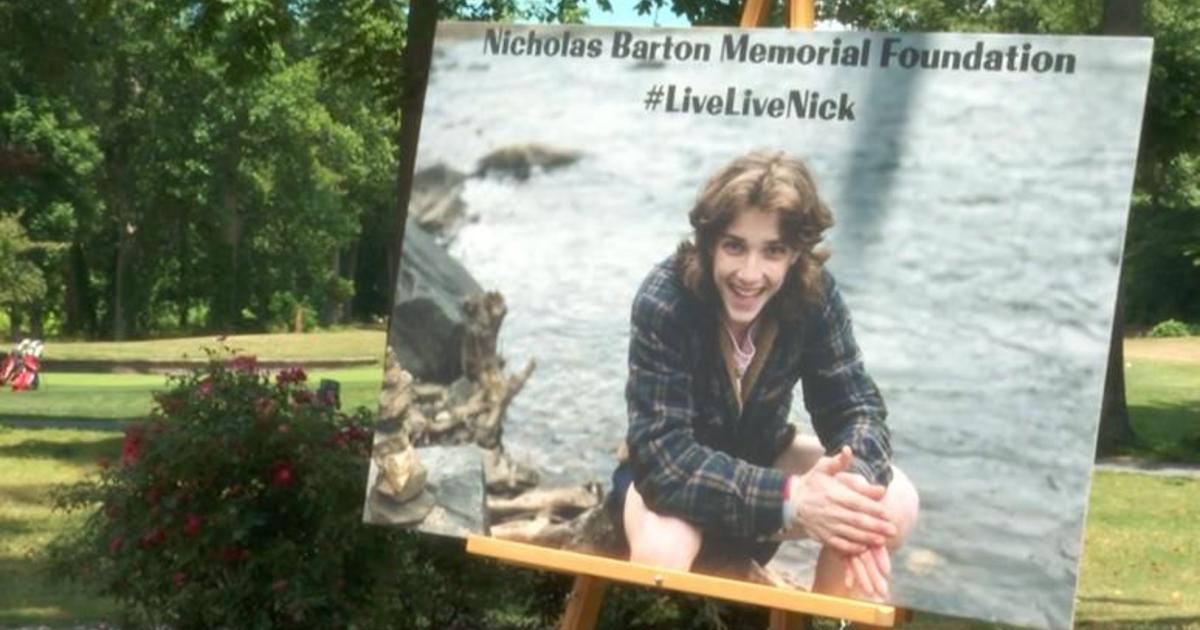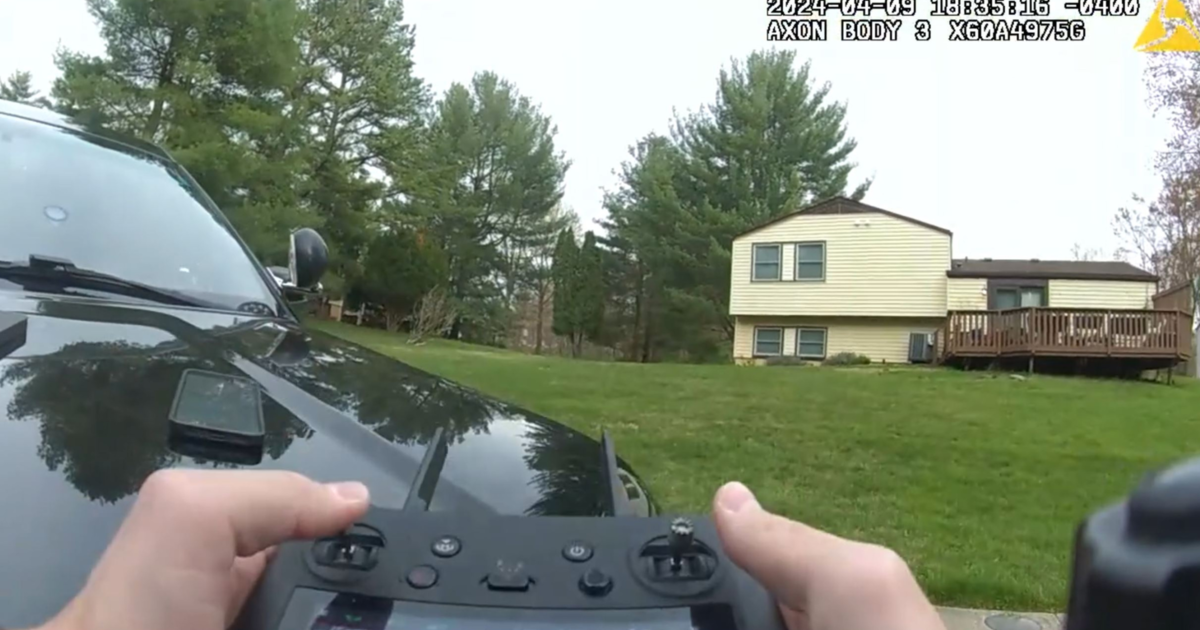Researchers Explore Slave Village Site
FREDERICK, Md. (AP) -- Kara Cotton majored in international business at Howard University before her curiosity, fondness for historical mysteries and sense of adventure led her to study anthropology.
On Tuesday, Cotton, along with five other Howard students, joined excavations under way at Monocacy National Battlefield, as part of a two-week-long field school.
Their goal is to help National Park Service archaeologists and interns broaden their understanding of an unusually large slave village once housed on a plantation called L'Hermitage, now known as the Best Farm.
Cotton sifted the first dirt layer on a section of what archaeologists believe may have been a garden plot or enclosure for
small animals. The enclosure was kept behind a row of six dwellings used by enslaved people at L'Hermitage in the late 18th to early 19th centuries.
By lunchtime, she found a few bits of brick and other building materials.
"I love it," she said. "When you do figure something out, it's really rewarding."
Her experience was made somewhat bittersweet by Howard University's plans to discontinue the anthropology major by 2015.
Eleanor King, associate professor in Howard's department of sociology and anthropology, said the field work at L'Hermitage was a first chance for students like Cotton to explore and become excited about what she considers one of the most enjoyable aspects of her work.
There are very few African-Americans in archaeology in the United States, she said.
"We are trying to encourage our students to go into this career because there are many opportunities for them and also because we desperately need their voices to help us reconstruct the past," King said.
Closing the anthropology major at Howard will make it much more difficult for these students to take advantage of such
opportunities in the future, she said.
Joy Beasley, cultural resources manager for the National Park Service at the battlefield, conducted initial excavations at
L'Hermitage in 2003, and oversaw work there last summer.
The Vincendieres, a family of French planters who fled Saint-Domingue (Haiti) in 1793 amid rumblings before the Western
Hemisphere's first slave revolt, established outside of Frederick what grew into a 748-acre plantation at its peak.
By 1800, the Vincendieres had amassed about 90 slaves, making them the second-largest slaveholders in the county.
At the time, the family was known locally for their cruel treatment of their slaves.
Last summer, Beasley's team delineated the foundations of six houses associated with the slave village and the enclosure.
This summer, her team plans to fully excavate one of the roughly 700-square-foot dwellings, the enclosure and a second refuse heap or midden, Beasley said.
She is hoping to uncover some of the mysteries about those who lived as slaves on L'Hermitage, including why the Vincendieres held many more slaves than typically used for the sort of grain farming done on the plantation.
Beasley is also working in parallel with a genealogist to track down what happened to the enslaved people who lived at L'Hermitage and their ancestors.
They have already learned some of L'Hermitage's slaves had been baptized, Beasley said.
The Vincendieres were Catholic, and this may help explain why a burial site for the plantation's slaves has yet to be discovered --perhaps they were buried on consecrated ground elsewhere in Frederick, she said.
Researchers also found more advertisements requesting information on the whereabouts of slaves who had fled L'Hermitage, bringing the known number of runaways to four or five, she said.
These advertisements can also provide valuable information about these people, including their names and other descriptions.
Beasley said the Vincendieres brought 12 slaves with them from Haiti, but does not know where the rest were purchased.
L'Hermitage is a sort of microcosm encompassing some of the tensions that spawned the Civil War, she said. Yet answers to some of the questions about the site and the people who lived there, like pieces of a puzzle lost to history, may never be found.
Information from: The Frederick (Md.) News-Post, http://www.fredericknewspost.com
(Copyright 2011 by The Associated Press. All Rights Reserved.)



